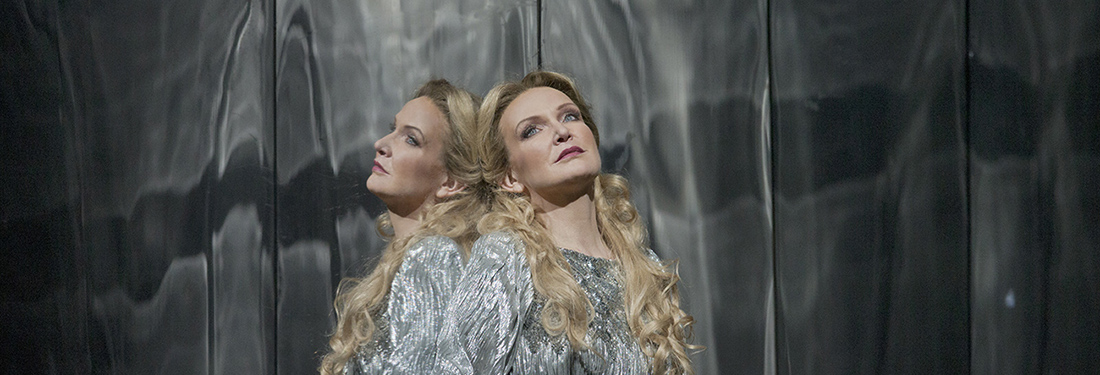
“The greatest dream as one grew older was to be able one day to sing on the stage of the Metropolitan Opera. . . . The night of the performance, there was electricity in the air that you could almost cut with a knife. I was nervous. We are absolutely certain that more could have been brought to that part by me had at that time, one had been a younger person. . . . When the principals went out on stage with me, I was given just a little push to stay out a little longer. When mother came, there seemed to be a light around her whole face. She was just beaming. She said, ‘We thank the Lord.’ One realizes that it’s absolutely fantastic that in a lifetime you can have a great wish and that it can come true.” — Marian Anderson
Miles Kastendieck in the Journal American:
Marian Anderson’s debut on January 7 became one of the historic moments in the Metropolitan Opera’s 71-year-old story. For her it marked the realization of a childhood dream. For the Metropolitan it not only broke tradition but also set a precedent for including Negroes in future casts. For all it created an emotional occasion out of tribute to her as a singer and out of recognition that to her should fall this signal honor of opening the door for singers of her race.
Though she made a relatively brief appearance as Ulrica in the second scene of Verdi’s “The Masked Ball,” Miss Anderson graced the stage through force of personality, dignity of stage presence, and vocal artistry. At the start her voice wavered tremulously quite understandably. An ovation had greeted her on the rise of the curtain and it was some time before she brought her singing under control.
The dark quality of her voice fitted the opening aria; so did its brilliance as it warmed into the rest of the scene. She achieved effectiveness at the climax of the scene, though in general her performance needed more dramatic emphasis. She was thoroughly dedicated to giving as forceful a portrayal as possible, but later appearances will undoubtedly bring the characterization more into line.
Birthday anniversaries of composer Francis Poulenc (1899); sopranos Mary Lewis (1900) and Colette Lorand (1923); baritone John Brownlee (1901), conductor Gunter Wand (1912); composer Ulysses Kay (1917), librettist Chester Kallman (1921).
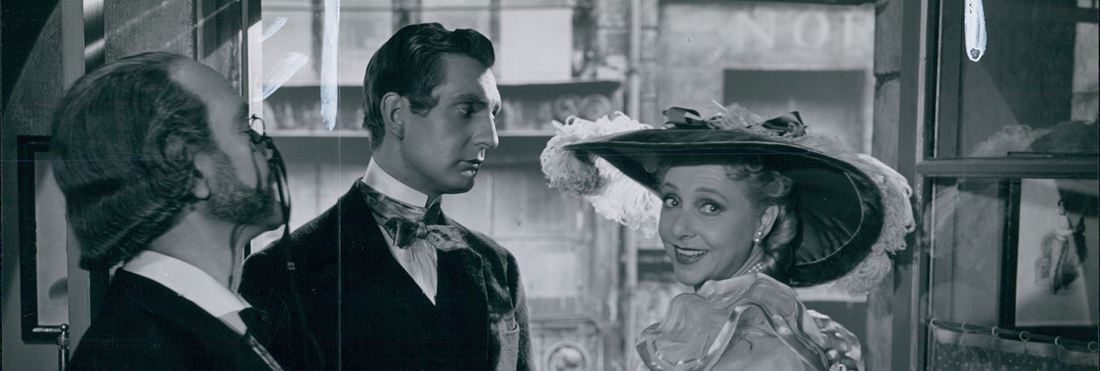
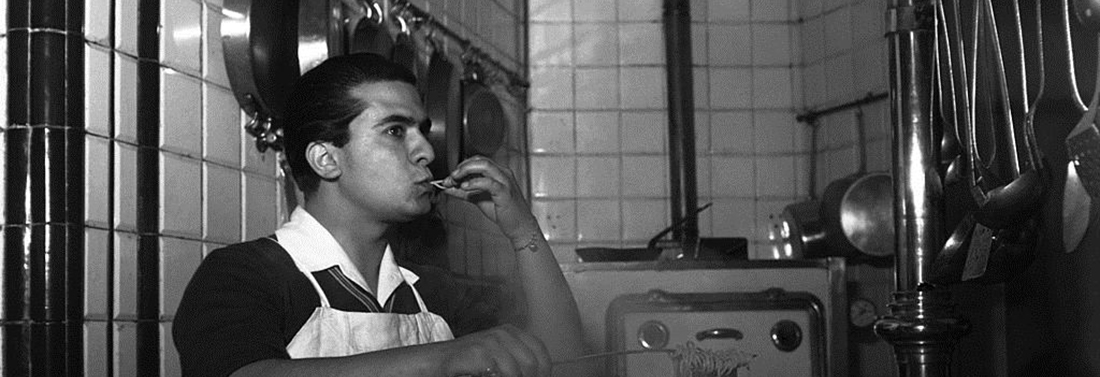
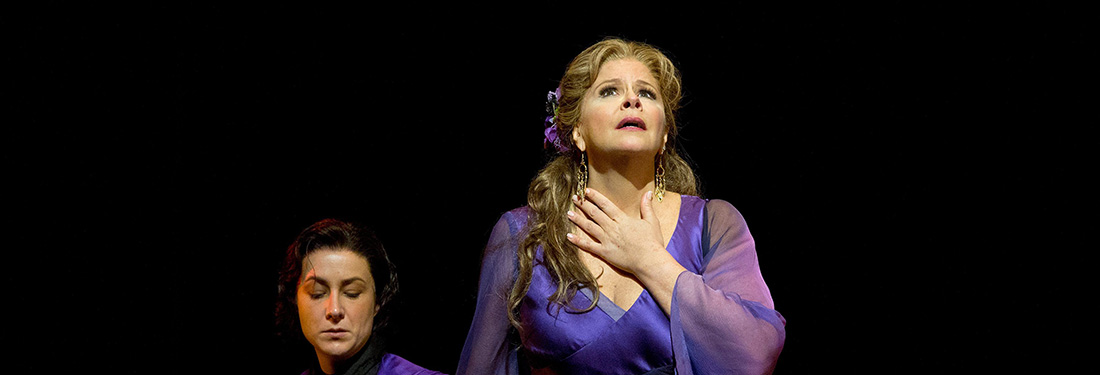
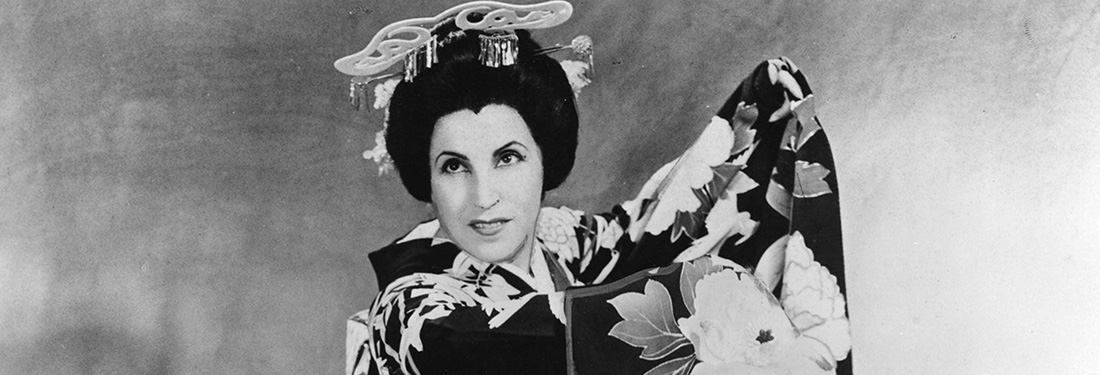
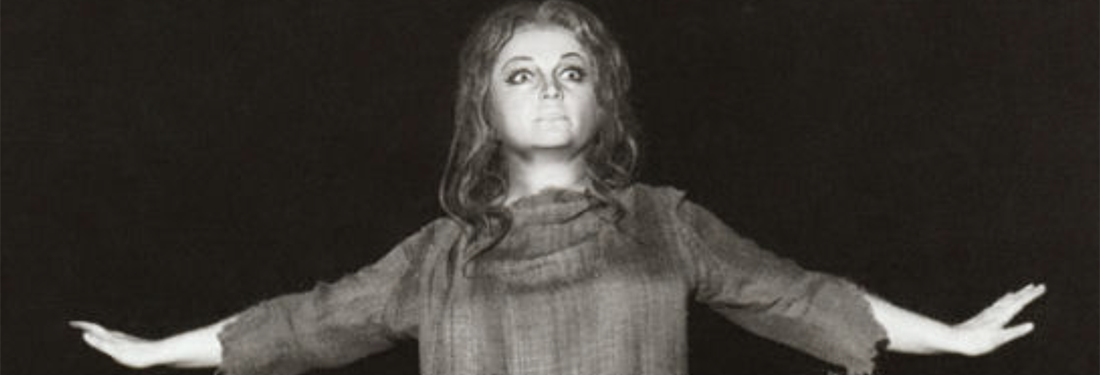
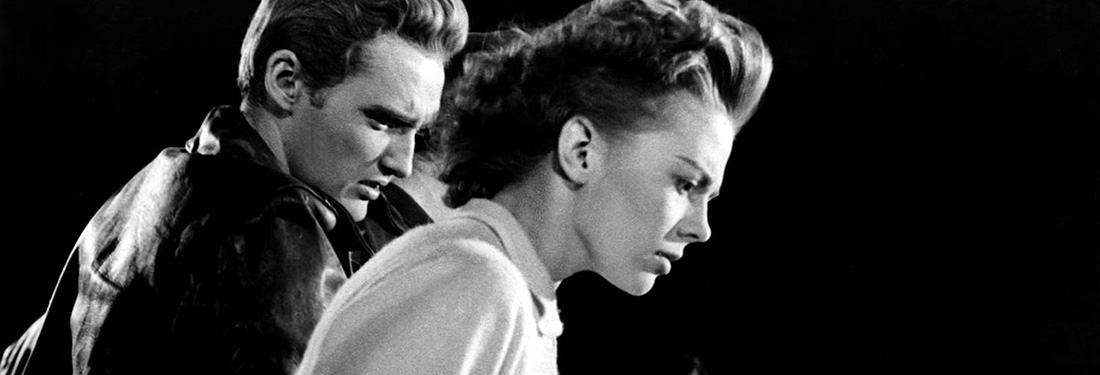
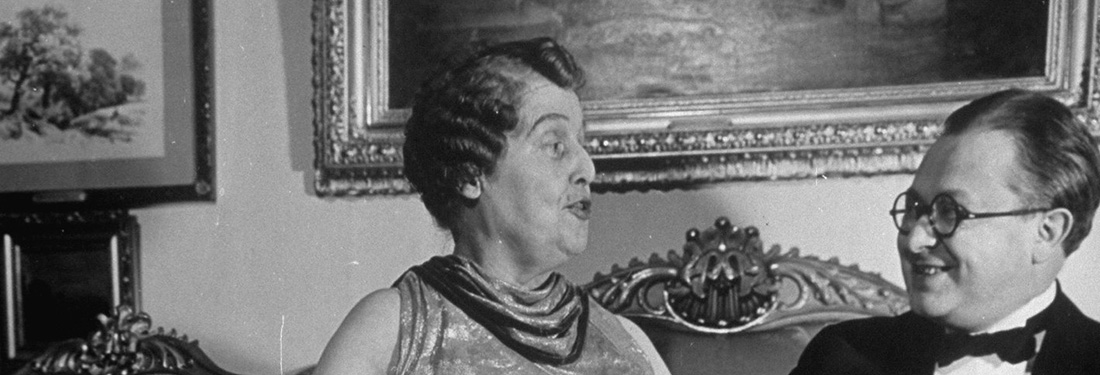
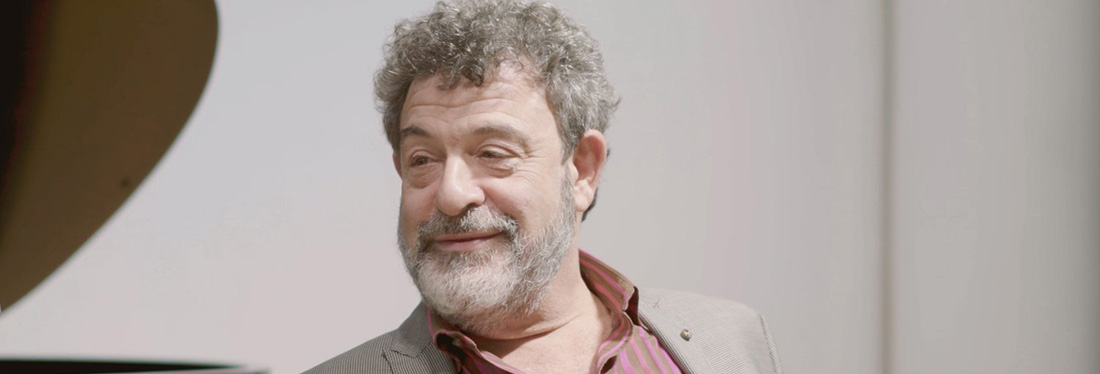
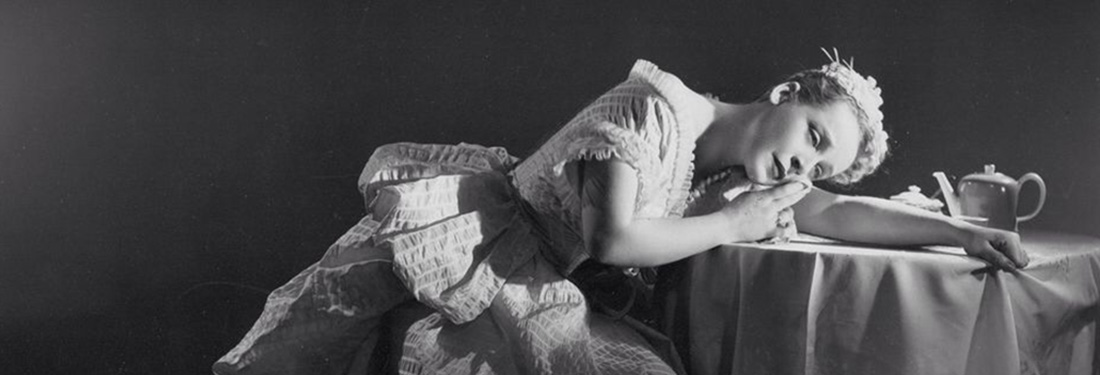
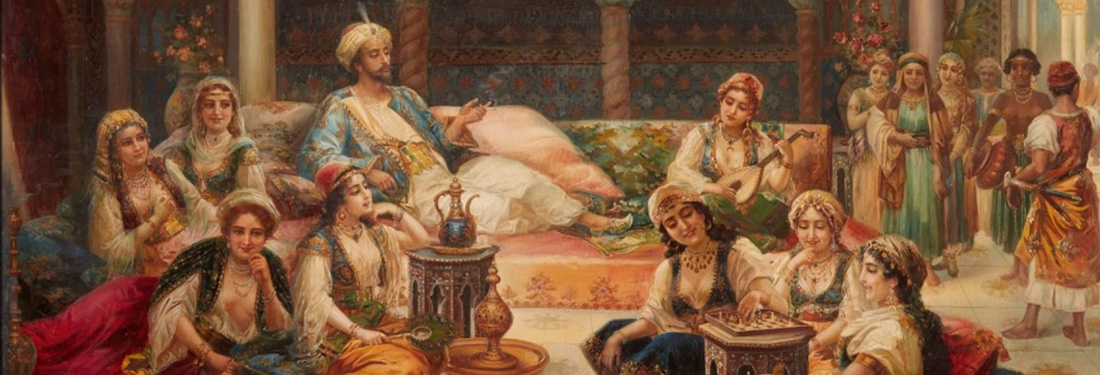
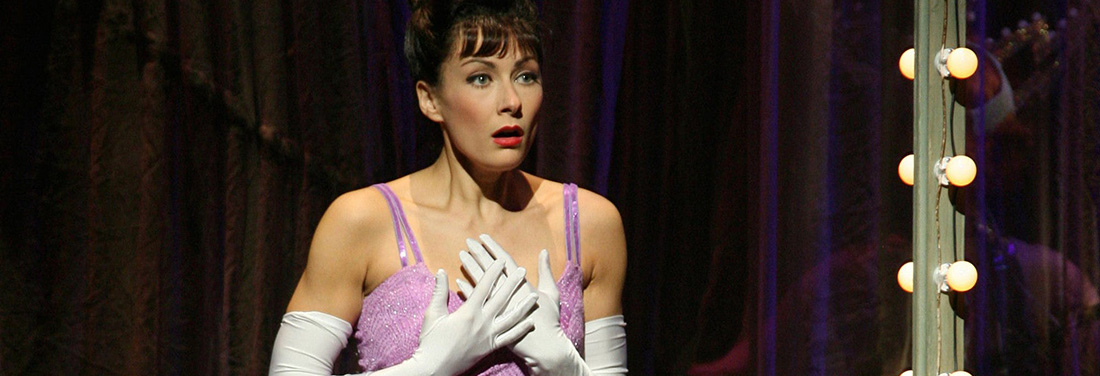
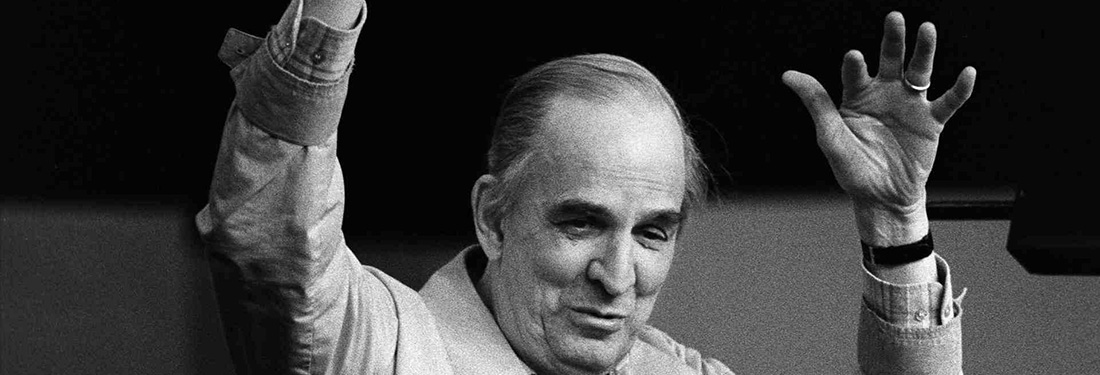
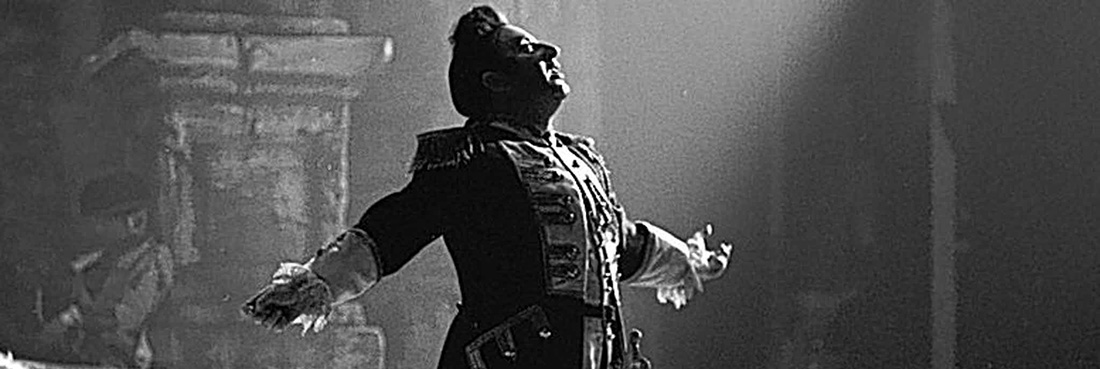
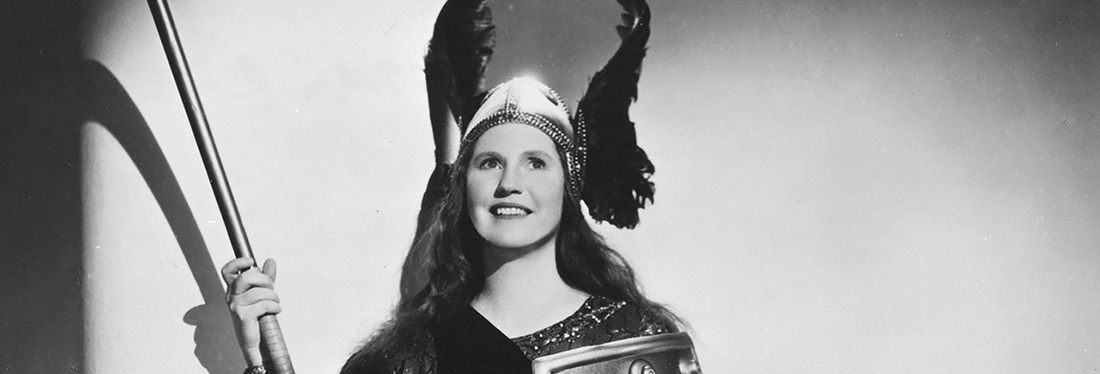






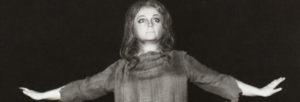




Comments